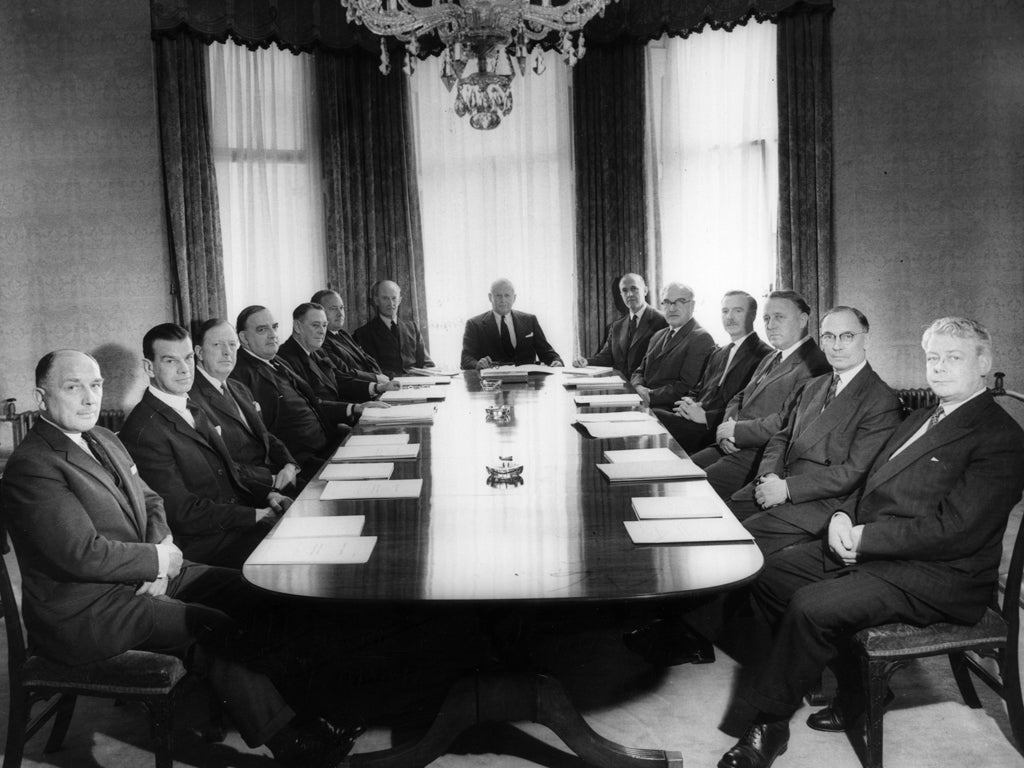Huge bonuses are more to do with power than merit
Male managers tend to give others in the boys’ club large rewards


If you want to hear a corporate titan sound like a Marxist, ask them to justify their bonus. The usual explanation you will hear is that these riches are simply the product of inexorable and impersonal economic forces. There is no human agency involved.
We are told that an executive’s pay – no matter how outrageous it might sound – is solely determined by the market. Since talent is scarce, pay for the gifted is high. But the latest figures from the Chartered Management Institute pose a challenge to the argument, because they show that the average bonus paid to female managers over the past 12 months was 50 per cent smaller than those paid to men doing similar work.
It might, of course, be argued that this is simply a reflection of the unequal distribution of talent between the genders. But thoughtful people will not find that convincing. The truth is that bonuses are only partially determined by market forces. Just as important is the power wielded by individuals within a corporation.
Someone needs to decide how high annual bonuses should be. Chief executives proclaim they have no influence over in-house remuneration committees but this is spurious. Executives and their accountants sit on each other’s “rem” committees and everyone in the magic circle has an interest in keeping pay and bonuses high. On matters of pay the City resembles a cosy club rather than a competitive marketplace. “A warm personal gesture by the individual to himself”, is how JK Galbraith described executive remuneration.
What applies to the boss usually holds for the rest of the senior ranks. That is why female managers tend to do worse. Companies where the management is dominated by men tend to award other members of the boys’ club larger rewards. And even when women have power they sometimes don’t exercise it. In many investment banks, annual bonuses are the product of negotiations between traders and their line managers. But women are less likely to demand large discretionary bonuses than their male colleagues. Despite the propaganda of cosmetics adverts, they don’t think they’re worth it. They’re usually right. But, of course, that’s equally true of the men who do take home obscenely large sums.
A new book by Duff McDonald called The Firm tells the story of a McKinsey consultant called Arch Patton and his role in creating the modern bonus culture. Patton – who wrote books such as Men, Money and Motivation: Executive Compensation as an Instrument of Leadership and What Is an Executive Worth? – became the most sought-after of his firm’s consultants in the 1950s. In some years, he accounted for 10 per cent of billings. The rich and powerful will pay good money to listen to what they want to hear.
Patton’s monument is all around us. McDonald notes that at the end of World War II only 18 per cent of US firms had bonus plans. By 1960, that had risen to 60 per cent. Where America led, Britain followed. The Office for National Statics yesterday reported that total bonuses across the economy rose to £37bn in 2012/13, a 30 per cent real-terms increase on a decade ago.
The bonus gravy train is now out of control. Bonuses continue to flow for managers and employees, even when companies underperform disastrously and value is destroyed. Shareholders – disparate and unorganised – have been unable to impose any real restraint. The time has come to tear down the house that Patton built. A good first step would be to recognise that senior managerial pay is determined not only by merit, but by an individual’s corporate power.
So much for the world’s best traders
Even in the lucrative world of global commodity broking, $7.7bn is a considerable chunk of change. That is how much “goodwill” the trader Glencore has been forced to write-down on the acquisition of the mining giant Xstrata. To put it simply, Xstratata turned out to be worth considerably less than Glencore’s management paid for it in May.
This was a deal at the wrong time. As the commodity-hungry Chinese economy has slowed, global metals prices have slumped. For a supposedly sophisticated trader like Glencore this was a foolish move – and the firm’s shareholders have been the losers. The write-down helped push the firm to a gargantuan $8.9bn first-half loss for 2013. That means that anyone who bought Glencore shares in May will have kissed goodbye to 15 per cent of their investment.
But we shouldn’t really be surprised. The mergers and takeovers that get fee-hungry bankers and analysts in the City of London excited generally end up destroying value for the acquiring company. Glencore/Xstrata’s achievement has been to demonstrate that truth in double-quick time.
b.chu@independent.co.uk
Join our commenting forum
Join thought-provoking conversations, follow other Independent readers and see their replies
Comments
Bookmark popover
Removed from bookmarks